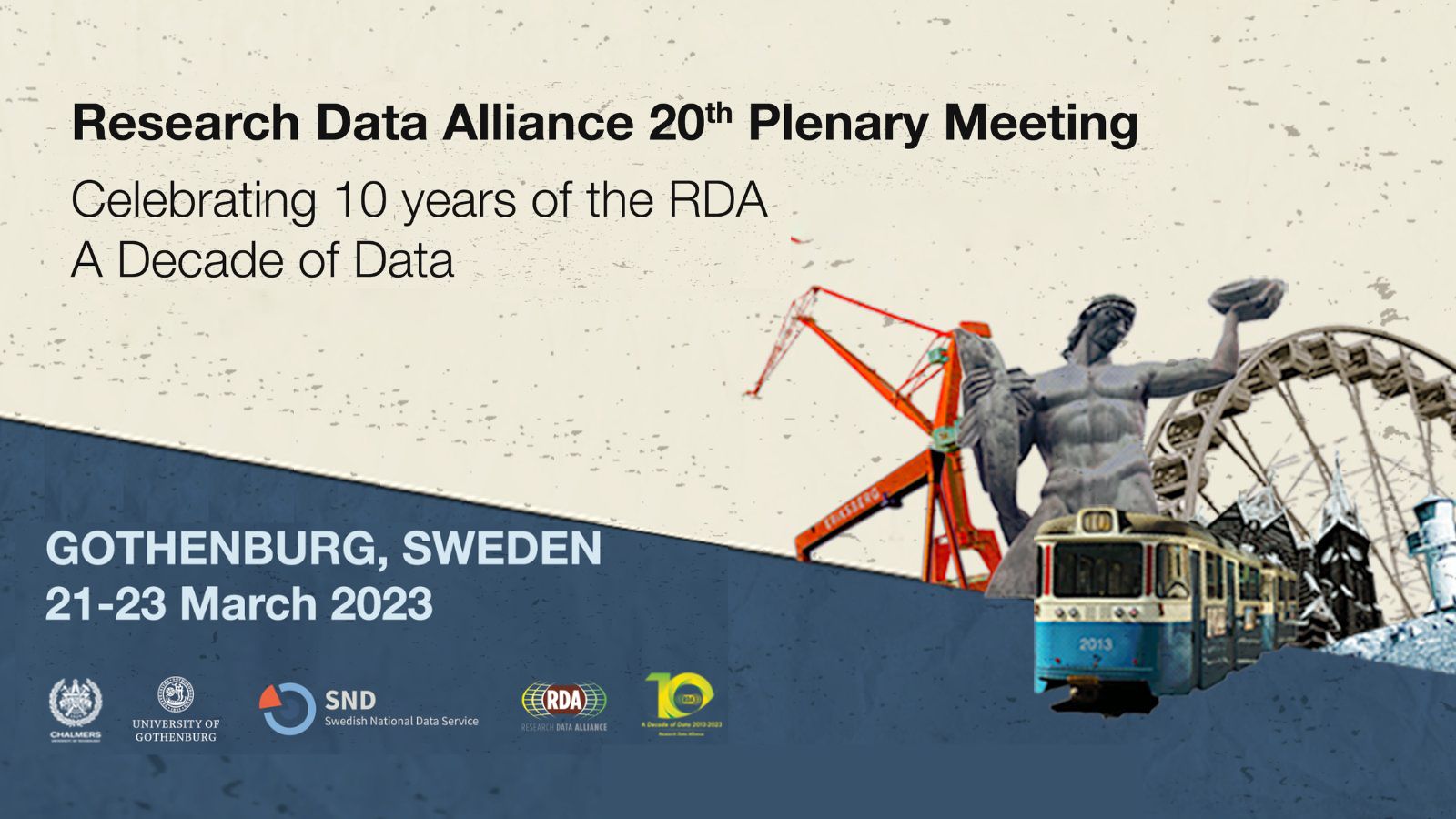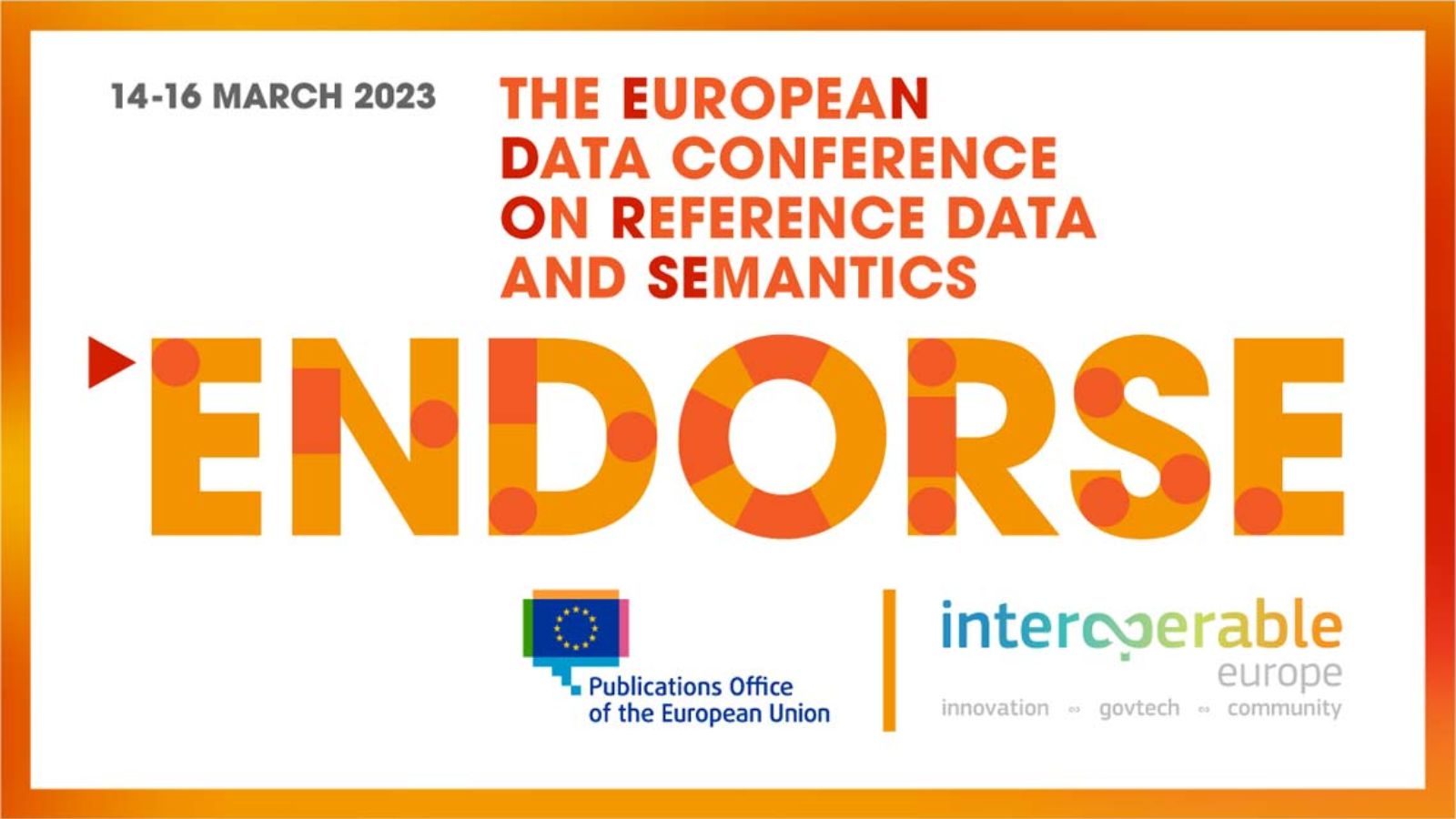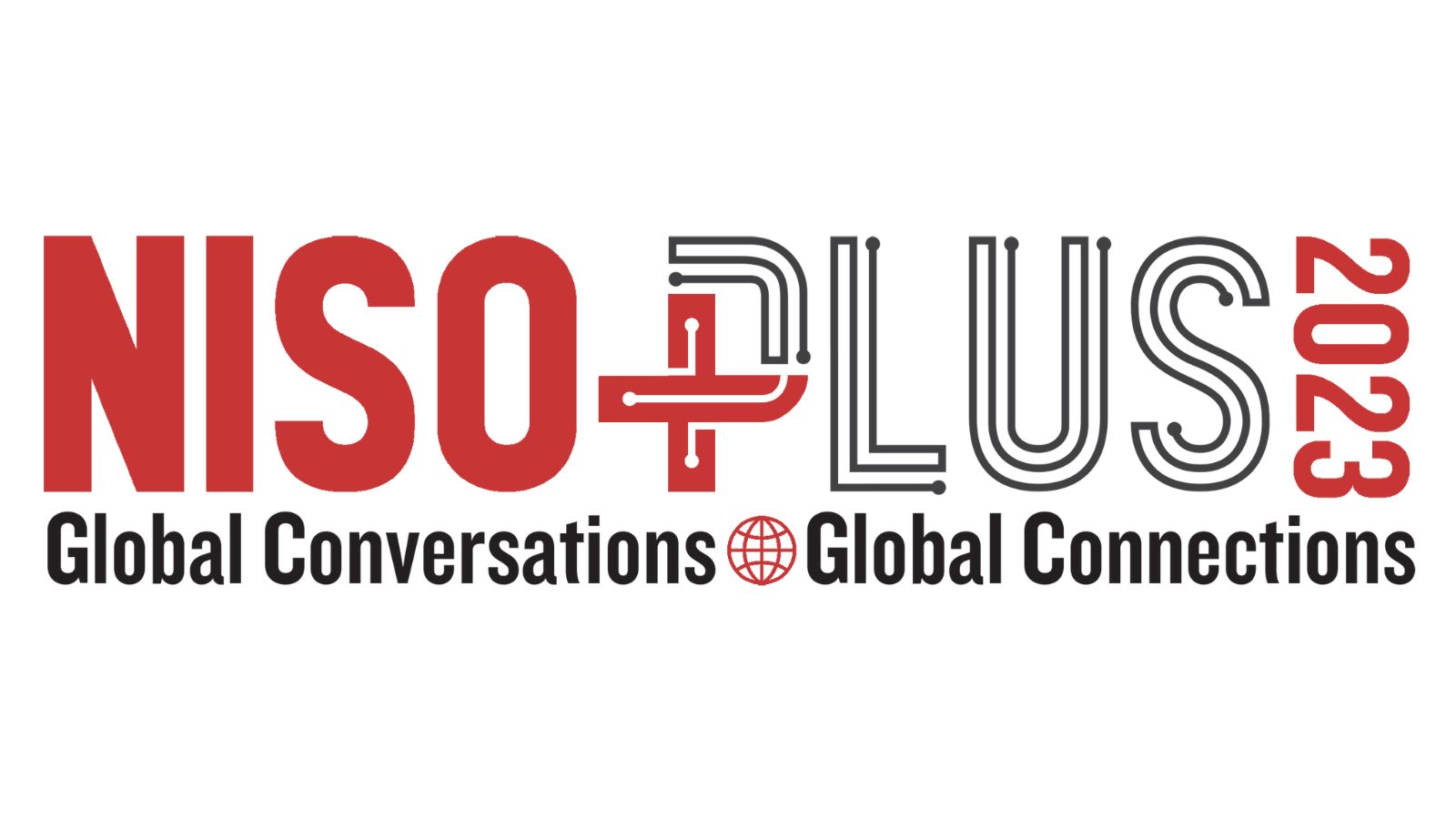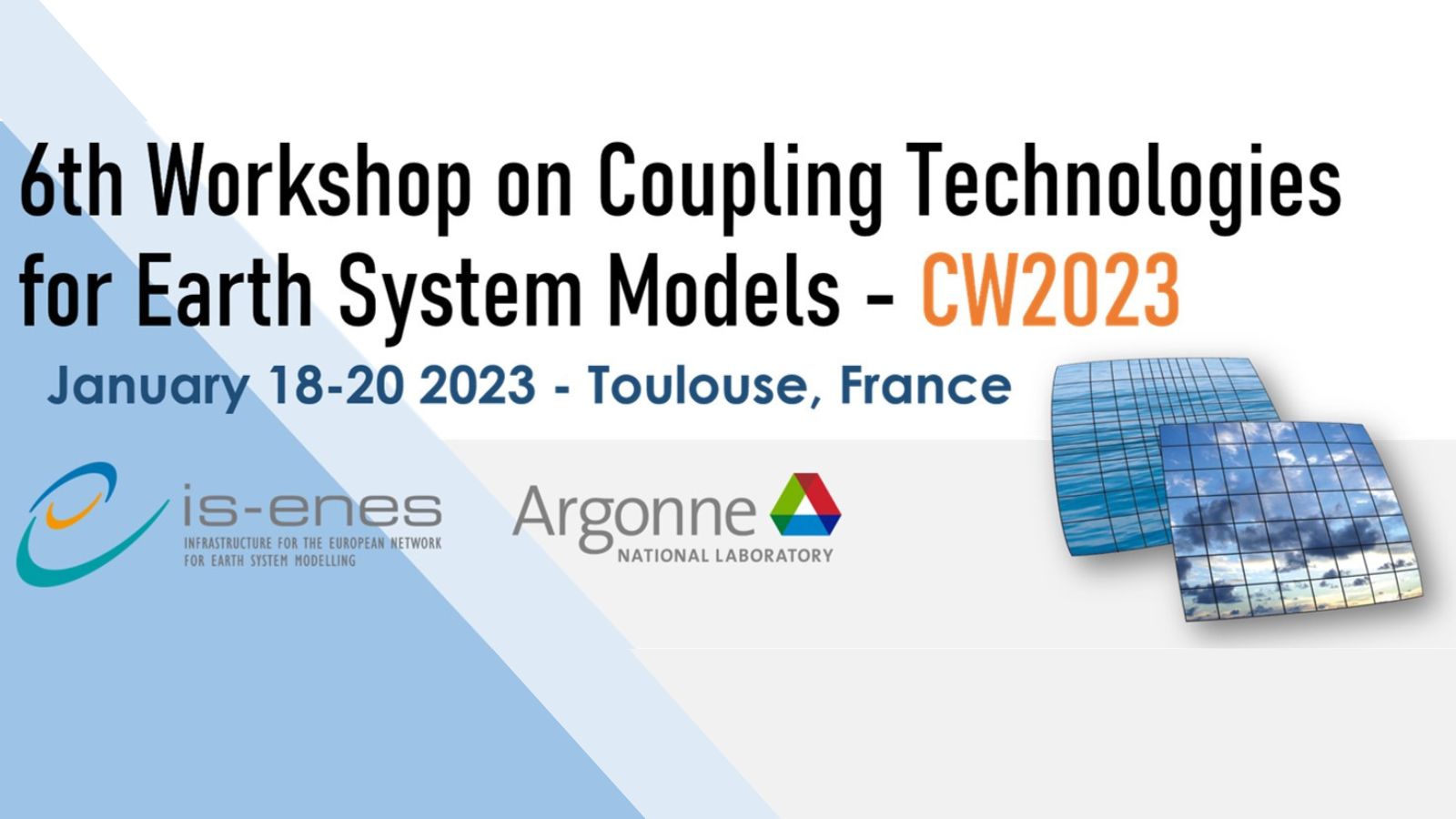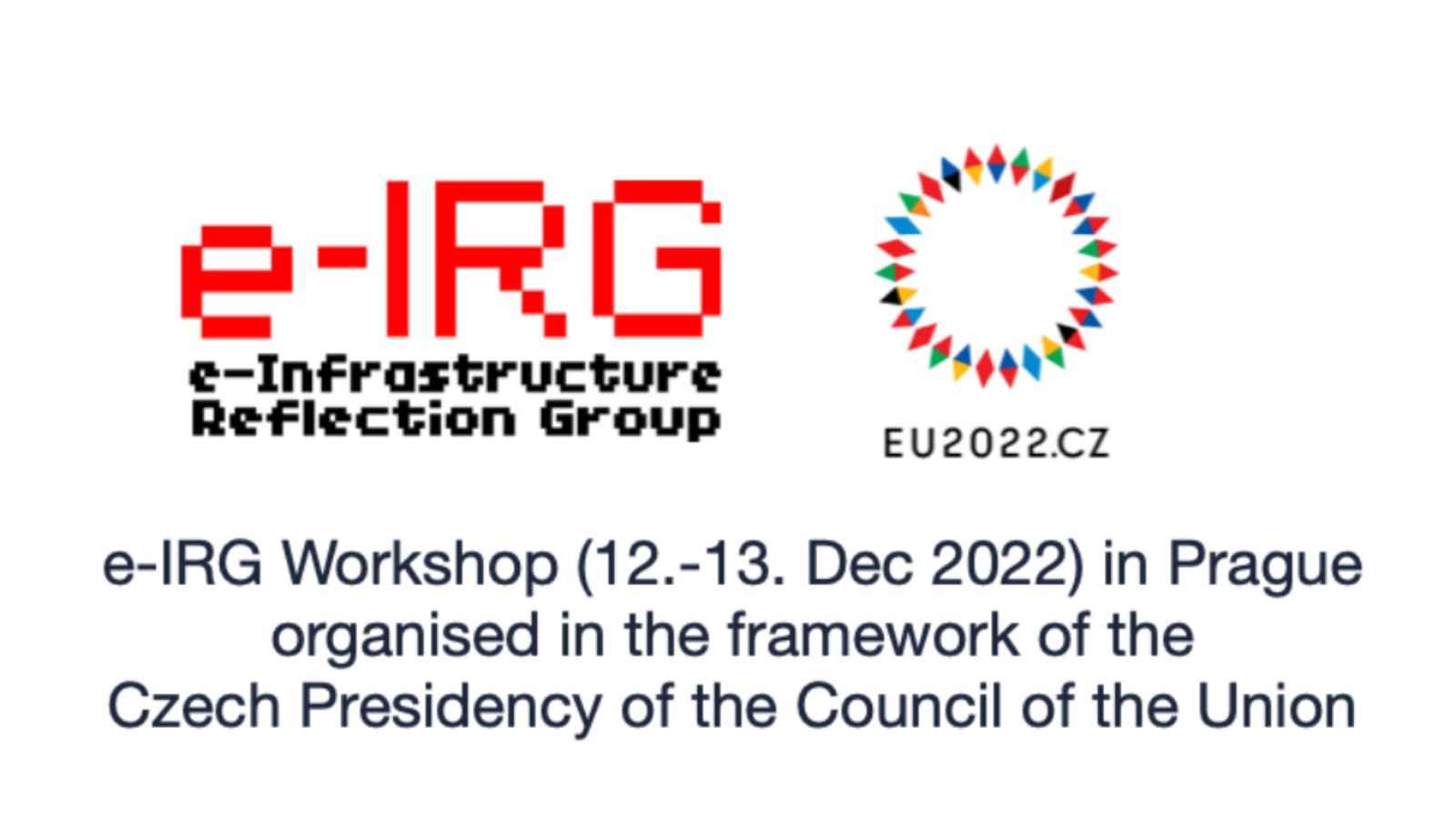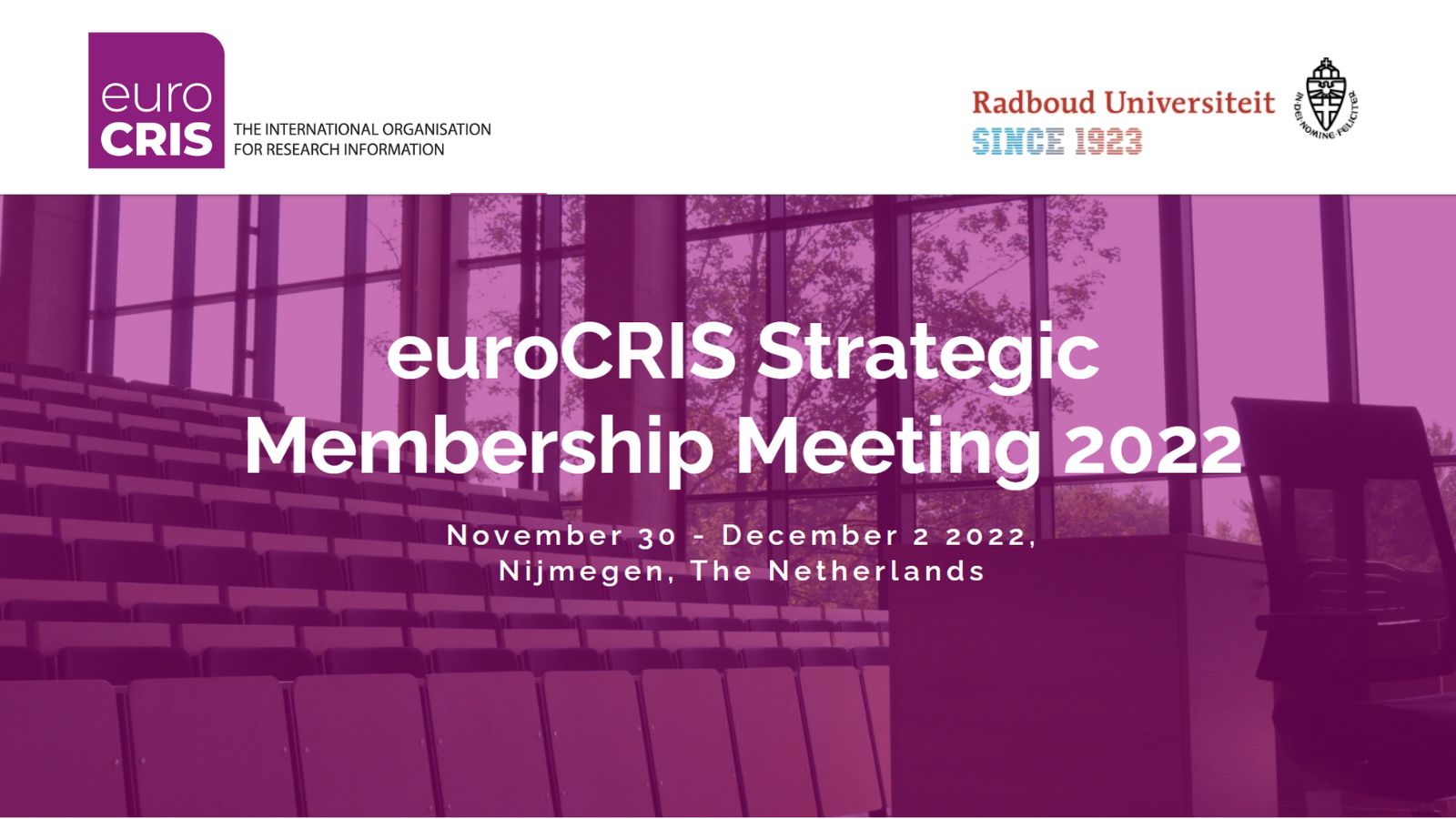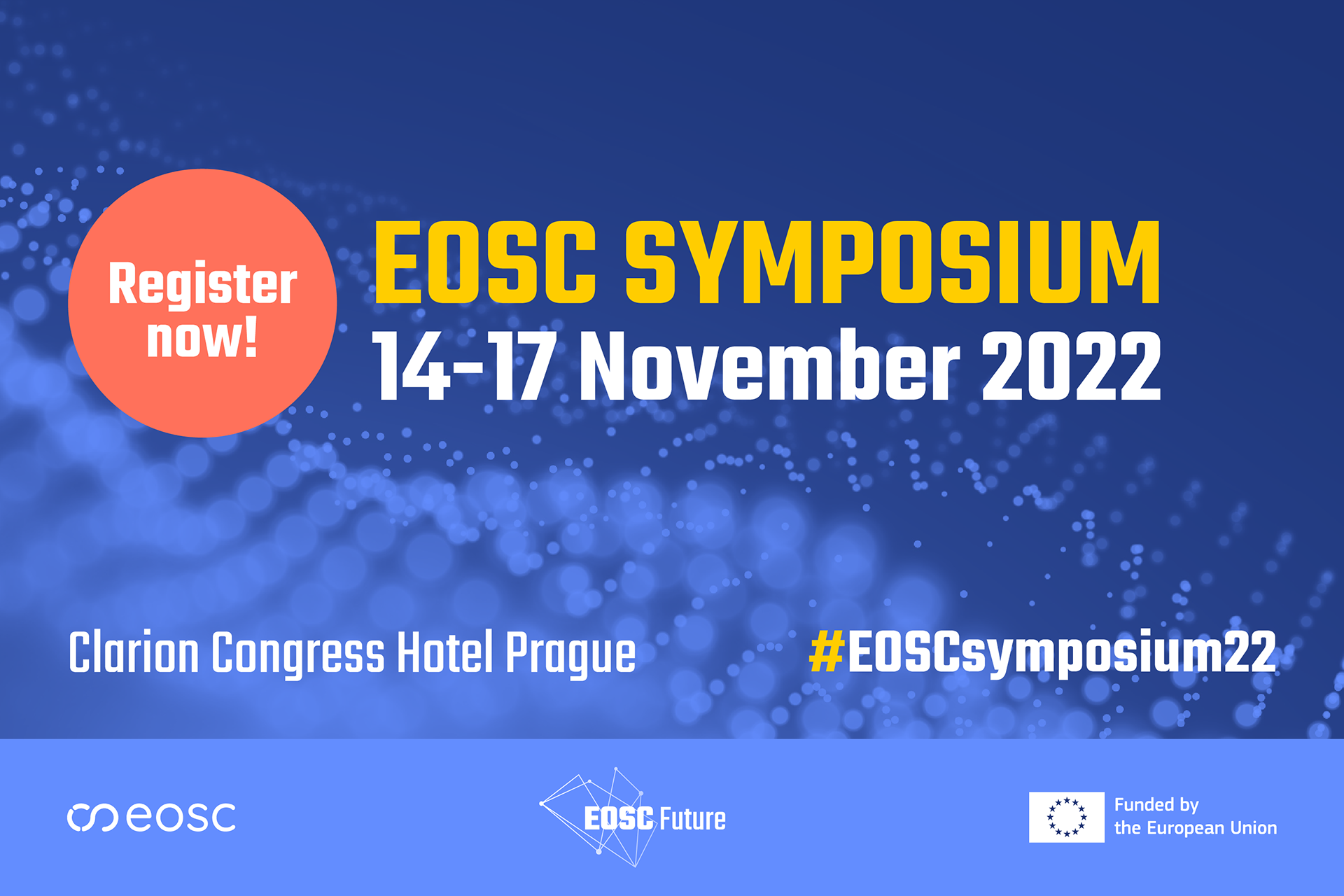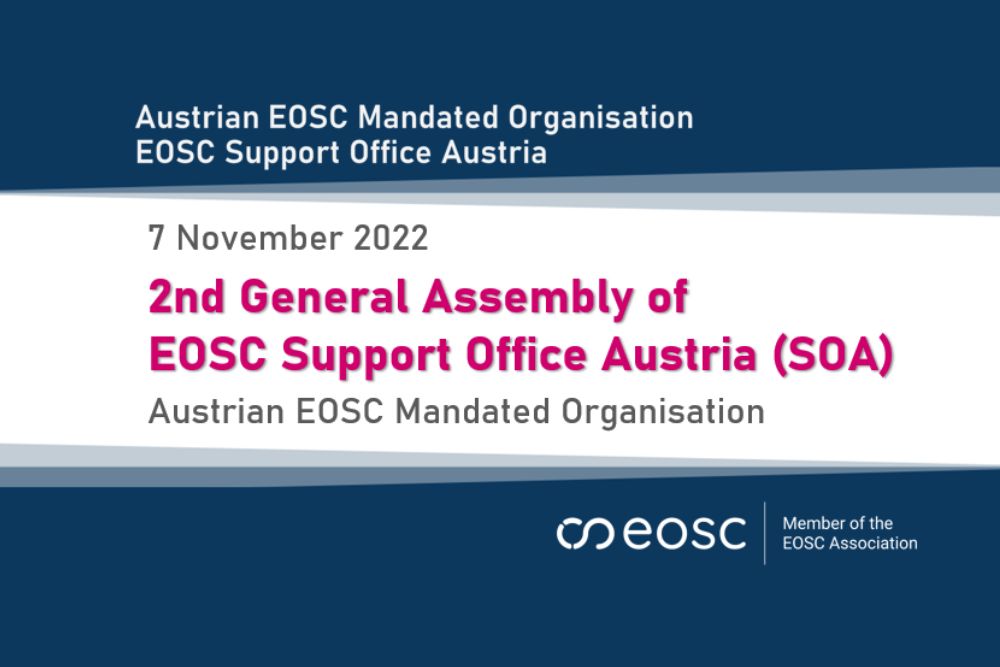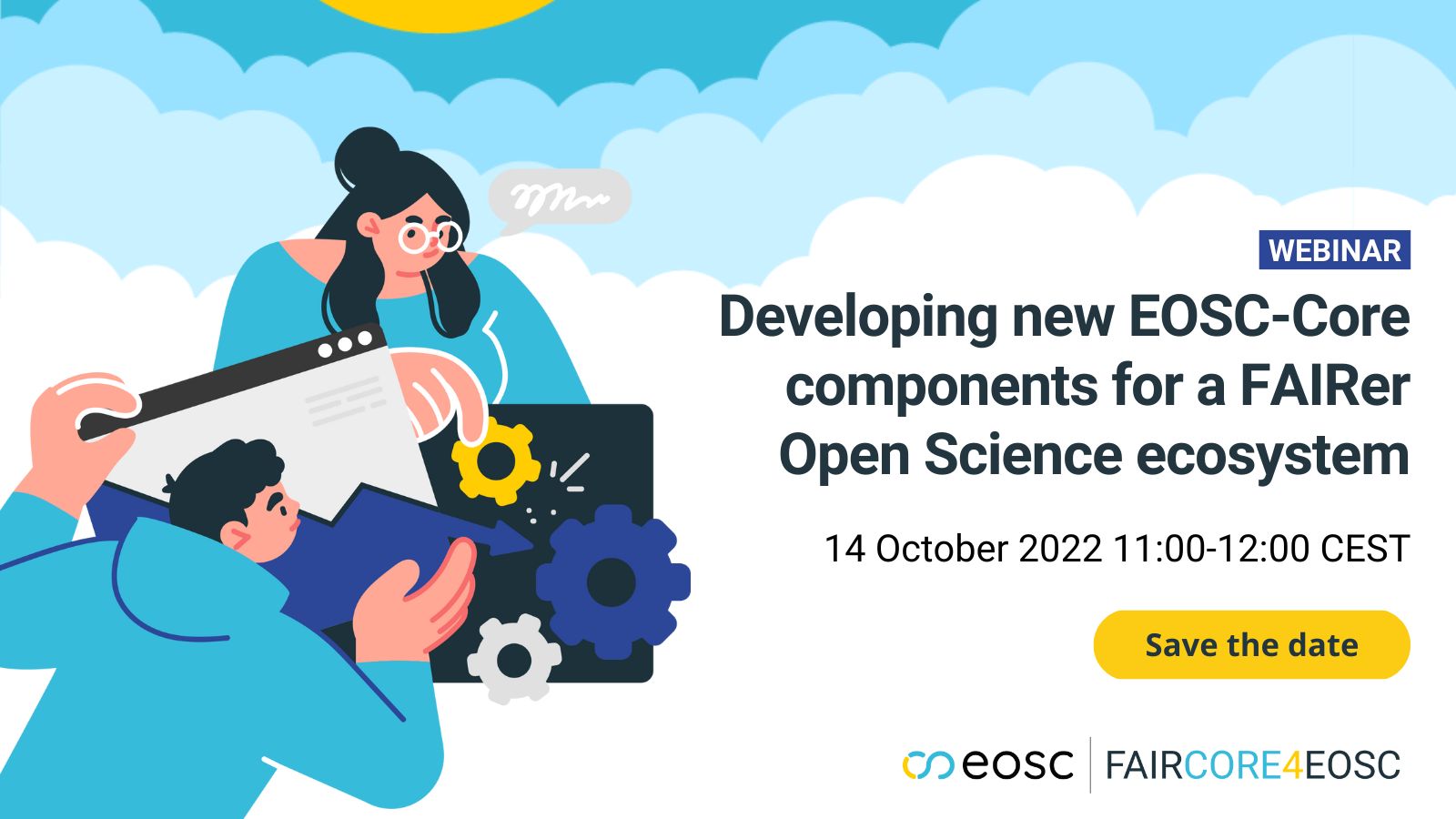Past events
RDA 20th Plenary Meeting - Gothenburg (Hybrid)
ENDORSE Conference 2023
The Publications Office of the European Union and Interoperable Europe supported by Digital Europe Programme are bringing the next edition of the ENDORSE conference on 14-16 March 2023.
NISO Plus 2023
NISO Plus 2023 is a global virtual event, happening literally around the world February 14-16, 2023. Building on our previous conferences (2020, 2021, 2022) and the wonderful response to NISO Plus Forum 2022, bringing the same quality of content and conversation to this born-digital event, with dozens of amazing speakers and keynotes from across the globe.
Sixth Workshop on Coupling Technologies for Earth System Models (CW2023)
The 6th Workshop on Coupling Technologies for Earth System Models (CW2023) was held in a hybrid format on January 18-20, 2023 at the “Centre International de Conférences” on the Météo-France campus in Toulouse, France.
This workshop is funded by the EU H2020 IS-ENES3 project and co-organised with the Argonne National Laboratory.
e-IRG Workshop under Czech EU Presidency
On 13 December 2022, FAIRCORE4EOSC took part in the session on "Interlinking - interaction between data, publications and PIDs" during the e-IRG Workshop under Czech Presidency in Prague, Czechia.
euroCRIS Strategic Membership Meeting 2022
The next euroCRIS Strategic Membership Meeting will be held on 30 November - 2 December 2022.
FAIRCORE4EOSC together with its sister project, FAIR-IMPACT, takes part in this year’s euroCris Strategic Membership Meeting taking place at the Van der Valk Hotel in Nijmegen, the Netherlands.
The dedicated session for EOSC-related projects will take place on 1 December between 12:45 – 15:00 CET.
